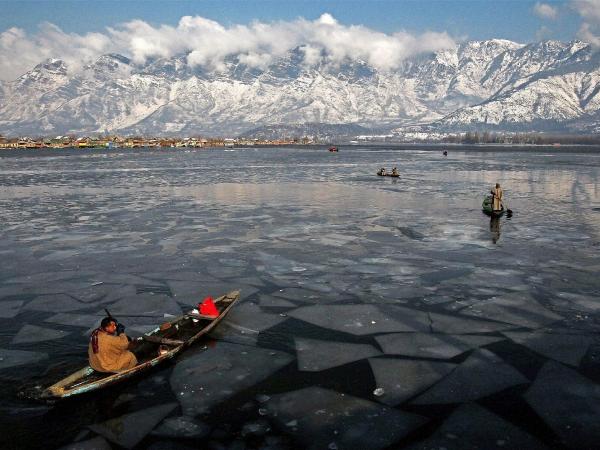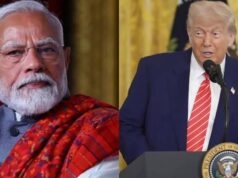New Rules For The Domicile Of UT Of Jammu and Kashmir Will Enhance Bonding

The special status of Jammu and Kashmir was abrogated in August and the state was bifurcated into two Union Territories – Jammu and Kashmir and Ladakh.
Prior to its abrogation, the special status of Jammu and Kashmir authorised state Assembly to define a resident of the state, who in turn were eligible to apply for jobs in the state as well as to purchase land or property.
This had led to bizarre situation where a Kashmiri like daughter of Farooq Abdullah became a non Kashmiri, while someone running away to Pakistan like Sayyed Salaudhin could still claim to be a Kashmiri
The abrogation of Special status has cemented the of J& K into the Indian Union and now the new rules of domicile will further strengthen the bond.
Over eight months after revoking the special status of Jammu and Kashmir by abrogating Article 370, the Central government, on Tuesday, notified who would be a “Domicile of Union Territory of Jammu and Kashmir”.
According to the new notification, any person, who has resided for a period of fifteen years in the UT of J&K or has studied for a period of seven years and appeared in class 10th/12th examination in an educational institution located in the UT of J&K” will be considered a domicile of the state.
The notification, also expands that definition to “children of those central government officials, all India services officers, officials of PSUs and autonomous body of the central government, public sector banks, officials of statutory bodies, officials of central universities and recognised research institutes of the central government who have served in Jammu and Kashmir for a total period of ten years or children on parents who fulfil any of the conditions in sections”.
Further, migrants, who have been registered by the Relief and Rehabilitation Commissioner (Migrants) in the UT of J&K have also been included in the definition of domicile of J&K.
“Children of such residents of J&K as reside outside UT of J&K in connection with their employment or business or other professional or vocational reasons but their parents fulfil any of the conditions provided earlier”.
The state was bifurcated into two union territories in October. While Jammu and Kashmir has a legislative Assembly, Ladakh has been created without one.




